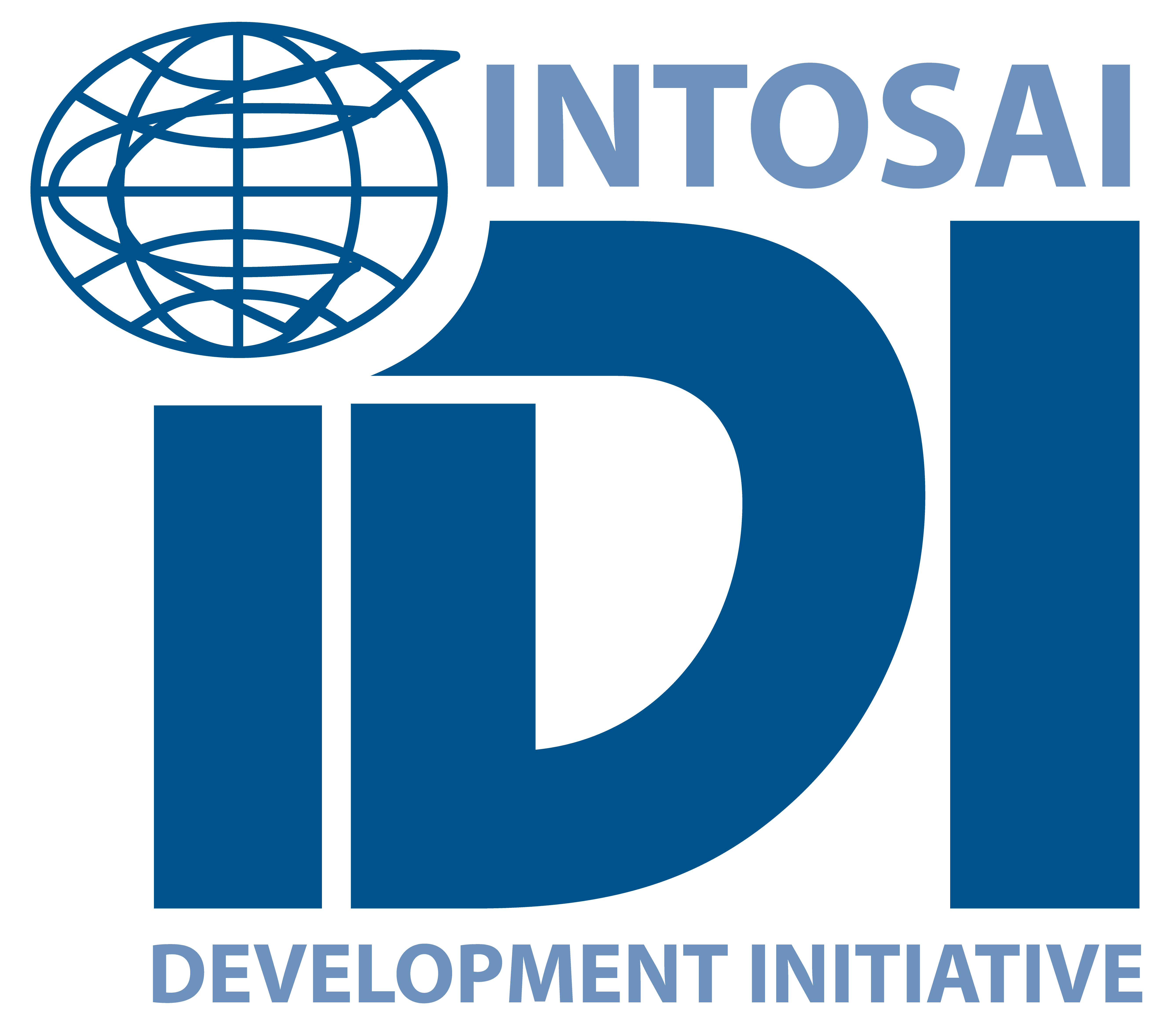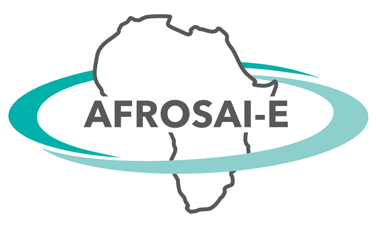About IDI
Our Cross-Cutting Priorities
Our Results
Meet the IDI Board
IDI's Board is composed of ten members from different supreme audit institutions. Get to know them better in our "Meet the Board" series.
The INTOSAI Development Initiative and AFROSAI-E have released a joint statement regarding the appointment of a new Auditor General in Somalia. The statement was sent on 11 February to the President and the Parliament with copies to development partners.
The current process for the removal and appointment of the Auditor General of Somalia contradicts the national efforts to establish a new legal framework in line with the globally accepted and endorsed principles of the INTOSAI Mexico Declaration on Supreme Audit Institution independence.
The situation puts at risk having an independent oversight institution that effectively can address national challenges of public resource use and promote accountability, transparency and anti-corruption.
Principle 2 of the Mexico Declaration states that the independence of the head of a Supreme Audit Institution must have an adequate security of tenure. This is incorporated in the new Audit Bill approved unanimously by the National Assembly in 2020. The ongoing replacement of the Auditor General of Somalia represents a breach of the principle of the Mexico declaration as well as the Audit Bill approved by the National Assembly.
The 2020 Audit bill was developed to reform the outdated Audit Act of 1972, and to ensure that Somalia has a modern and independent audit office as stated as a principle in article 114 of the constitution. It is concerning that the Audit Bill approved by Parliament has to date not been signed and become an effective legal instrument.
The independence of the Office of the Auditor General is key to creating an effective and credible institution as a pillar of parliamentary democracy, transparency, accountability and fighting corruption. It is also recognized as a core mechanism for ensuring independent oversight of development funds.
We urge the Government of Somalia to ensure the independence of the Office of the Auditor General, including an appropriate process for appointment and removal of the Auditor General. This would demonstrate the Somali government’s commitment to accountability and show decisiveness in reforming public financial management for the benefits of its citizens.

Mr. Einar Gørrissen
Director General
INTOSAI Development Initiative


Mrs. Meisie Nkau
Chief Executive Officer
AFROSAI-E

The Lima Declaration was endorsed by the INTOSAI global community in 1977. It sets out the principles of independence of public sector auditing in methodological and professional terms. The Declaration was the first INTOSAI document to comprehensively set out the importance of SAI independence, by reminding INTOSAI members and their stakeholders that SAIs can only be objective, credible, and effective if they are independent from the audited entity and are protected from outside influence.
The Mexico Declaration was endorsed by INTOSAI in 2007, following an increased recognition of the independence challenges faced by SAIs. The Mexico Declaration expands on the Lima Declaration highlighting principles of SAI independence including the existence of an appropriate and effective constitutional/statutory/legal framework and of de facto application provisions of this framework.
The United Nations General Assembly has passed two resolutions (A/66/209 and A/69/228), recognizing the important role of audit institutions for better public administration and development. According to the UN, audit offices can only be effective if they are independent of the entities they audit and are protected from outside influence.
The international standards for an independent Auditor General relate to:
See also IDI public statement about the audit bill in December 2019: Somalia's new audit legislation is at risk of falling below international standards, leaving the Auditor General vulnerable to political pressure: Statement
IDI is the capacity development arm of the International Organization of Supreme Audit Institutions (INTOSAI). AFROSAI-E is the regional organization for English-speaking Supreme Audit Institutions in Africa.
The organizations have a global and regional mandate to enhance the capacity and performance of Supreme Audit Institutions. Since 2018 we have worked in partnership with the Office of the Auditor General of Somalia.
For further information, please see www.idi.no and https://afrosai-e.org.za/.